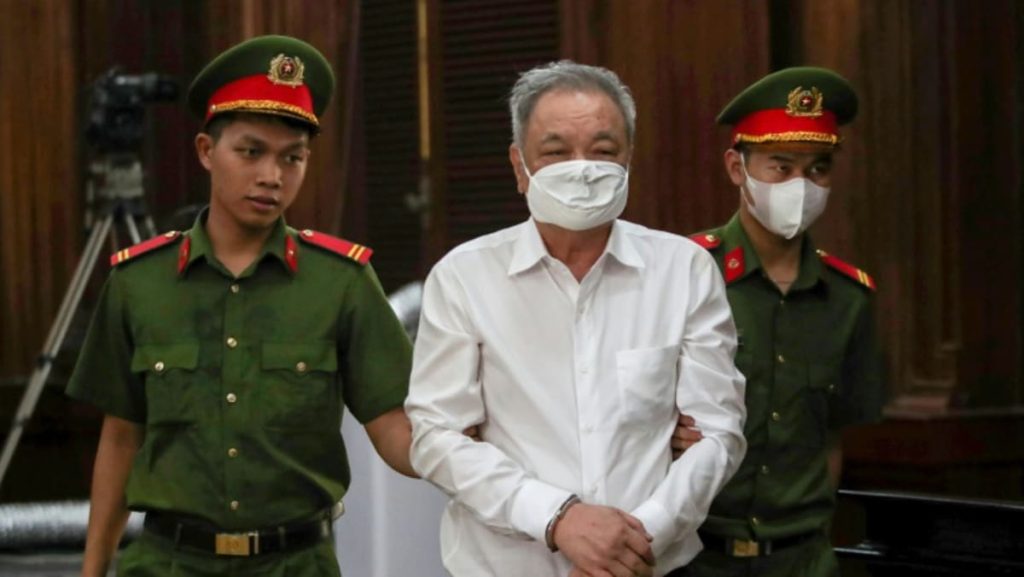parked a wave of prosecutions against political and business elites, with Truong Gia Binh, chairman of the heavily indebted Tan Hiep Phat Beverage Group, being the latest high-profile conviction. Binh was found guilty of manipulating company documents to secure a US$40 million loan from a bank in 2018. His arrest is seen as a warning to other corporate leaders in the country as authorities continue their efforts to clean up corruption in Vietnam’s business sector.
Vietnam’s crackdown on corruption is part of a broader effort by the government to root out graft at all levels of society. The country’s anti-corruption campaign has gained momentum in recent years, with high-profile arrests and convictions of government officials, business leaders, and even police officers. The case of Truong Gia Binh is just the latest in a series of high-profile prosecutions aimed at sending a strong message that corruption will not be tolerated in Vietnam.
Truong Gia Binh’s conviction has sent shockwaves through Vietnam’s business community, as he was one of the country’s most successful and prominent business figures. Tan Hiep Phat Beverage Group is one of Vietnam’s largest soft drink manufacturers, with a market share of over 20%. Binh’s downfall has raised concerns among investors about the stability and integrity of Vietnam’s business environment, and has highlighted the risks of doing business in a country where corruption is still rampant.
The case of Truong Gia Binh also underscores the challenges facing Vietnam as it tries to attract foreign investment and modernize its economy. While the country has made significant progress in recent years in terms of economic growth and development, corruption remains a major obstacle to further progress. Many foreign investors are hesitant to do business in Vietnam due to concerns about corruption, lack of transparency, and the rule of law. The government’s crackdown on corruption is seen as a step in the right direction, but more needs to be done to address these issues and create a more favorable business environment.
Despite the challenges, Vietnam remains an attractive destination for foreign investors due to its fast-growing economy, young population, and strategic location in Southeast Asia. The country has become a hub for manufacturing and outsourcing, with foreign companies setting up factories and offices in Vietnam to take advantage of its low labor costs and growing consumer market. However, concerns about corruption and legal uncertainties continue to hinder investment in the country, and the government’s efforts to clean up the business environment are crucial to attracting more foreign capital.
In conclusion, Truong Gia Binh’s conviction is a significant development in Vietnam’s ongoing fight against corruption, and a warning to other business leaders that corrupt practices will not be tolerated. While the government’s efforts to root out graft are commendable, more needs to be done to strengthen the rule of law, improve transparency, and create a level playing field for all businesses. Vietnam’s success in attracting foreign investment and modernizing its economy will depend on its ability to address these challenges and create a more business-friendly environment for both domestic and foreign investors.












